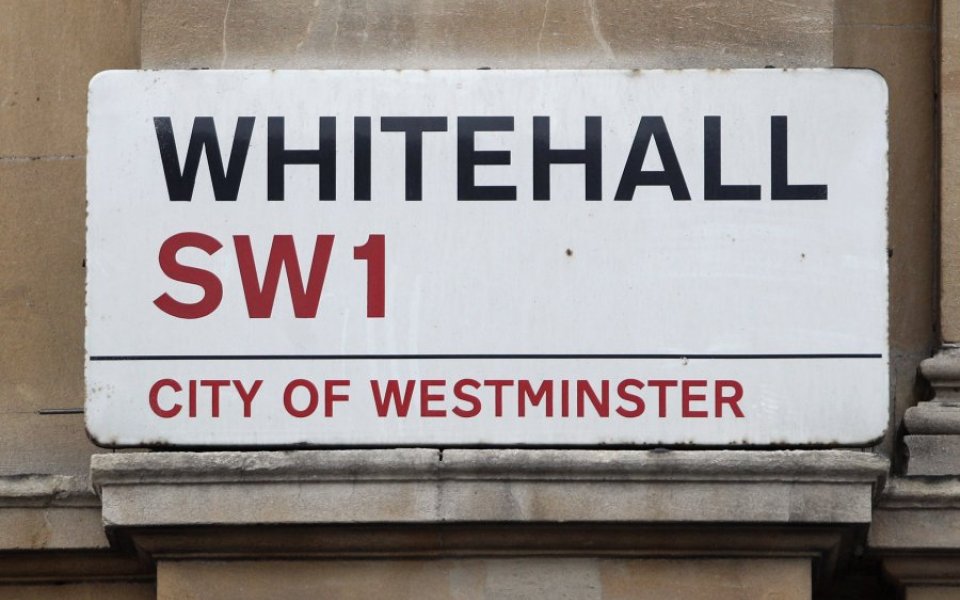Autumn Statement 2015: London’s public servants have nothing to fear from departmental cuts

Spending cuts mean job cuts, hundreds of thousands of them. 450,000 people have lost their job since the public sector workforce peaked at 5.7 million back in 2009.
George Osborne’s spending plans suggest a similar number will go by 2020. So it’s perfectly understandable for London’s public servants to feel a little nervous about the future. Understandable, but misplaced.
London employs more people in the public sector than any other UK region. That was true back in 2009 and it is still true today, even more so.
Read more: Cuts reduce growth – and could increase the deficit further
UK-wide, the public sector has seen job losses of eight per cent over the last five years, but London has shed jobs at half that rate, losing just four per cent of its employees. The south east has done even better with employment down by only one per cent. Together, London and the south east now account for a quarter of the UK’s public servants.
Part of the reason for London getting off lightly is that all the job-shedding has been done by local government in the last four years.
Read more: What analysts and business make of the Autumn Statement
With a 30 per cent cut for the department of communities and local government we expect councils to continue to shrink.
Central government employment has been stable since late 2011, but big ministries like justice, business and the home office will need to lose staff in the coming years if they are to meet their budgets.
This isn’t just about where jobs are lost though. 2.5 million private sector jobs have been created in the UK since 2009 and London has generated an incredible one in four of those. Taken together, London has created 24 private sector jobs for every public one it has lost. In the north east that number is only 1.5.
The OBR expects employment to rise by another 1.1 million between now and 2020. London will play a massive role in enabling the private sector to take up the slack from a shrinking state. Leading private sector industries such as technology and professional services have grown by more than quarter in the last five years. That will give those leaving the public sector more choice than they might have expected, especially in London.